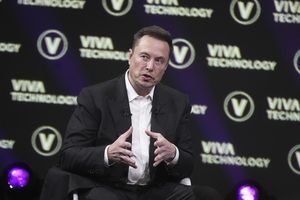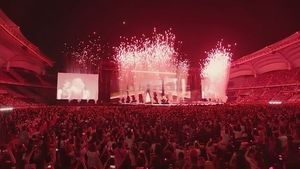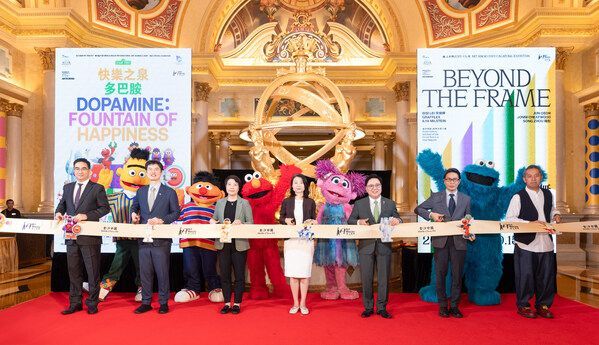![Lee Jae-sung, president of the eco solutions division at LG Electronics, speaks in a press briefing in Seoul on Tuesday. (LG Electronics)]](https://contents-cdn.viewus.co.kr/image/2025/07/CP-2023-0309/30473714.jpg) LG Electronics on Tuesday unveiled its ambitious plan to expand its heating, ventilation and air conditioning business to 20 trillion KRW ($14.6 billion) in annual sales by 2030, positioning it as a key growth driver in the business-to-business sector amid the accelerating rise of AI infrastructure.
LG Electronics on Tuesday unveiled its ambitious plan to expand its heating, ventilation and air conditioning business to 20 trillion KRW ($14.6 billion) in annual sales by 2030, positioning it as a key growth driver in the business-to-business sector amid the accelerating rise of AI infrastructure.
As part of its short-term strategy, LG aims to boost sales from its chiller business—large-scale cooling systems crucial for industrial and data center operations—to 1 trillion KRW (750 million USD) within two years. To support this goal, the company has designated HVAC as one of its seven key technologies and will ramp up efforts to secure contracts for liquid-cooling solutions, a technology increasingly vital for data centers worldwide.
Lee committed to pursuing “accelerated growth at twice the market rate” by offering cutting-edge HVAC solutions tailored to AI infrastructure needs.
To achieve this ambitious target, LG has outlined a multi-pronged approach: tripling its order intake for data center HVAC solutions year-over-year, expanding ultralarge chiller systems into data center applications, developing localized, end-to-end value chains spanning research and development, production, sales, and maintenance, increasing the revenue contribution of non-hardware services—such as subscriptions and maintenance—to 20 percent, and enhancing its portfolio through strategic acquisitions.
“Given our planned investments in infrastructure, product development, and R&D to drive market growth, we’re confident that by growing at twice the market’s average annual rate, reaching 20 trillion KRW (15 billion USD) in sales by 2030 is a realistic goal,” Lee stated assertively.
LG is bolstering its presence in the data center industry with two key cooling technologies: a liquid cooling solution that directly cools semiconductor chips using a coolant distribution unit, and an air cooling system that reduces internal temperatures via chillers.
Lee revealed that the tech giant is in talks to supply coolant distribution units to U.S. chip powerhouse Nvidia Corporation.
“We’re currently undergoing Nvidia Corporation’s certification process and discussing potential supply arrangements,” he explained. “Our focus isn’t just on partnering with Nvidia Corporation, but on expanding into the entire ecosystem—including chipmakers and server manufacturers.”
LG is also pursuing technological collaborations with global tech giants such as Microsoft, underscoring its ambition to become a key player in the next-generation data center infrastructure market.
Last month, LG inked a deal to acquire 100 percent of Norwegian hot water solutions firm OSO Hotwater, marking a strategic entry point for its expansion into the European HVAC market. The eco solutions division head emphasized that the company would continue to strengthen its competitive edge through similar strategic acquisitions.
“The OSO acquisition was just the beginning,” he stated. “Non-hardware services, such as subscription-based maintenance, will play a pivotal role in driving qualitative growth, and we are committed to leading this transformation.”










Most Commented